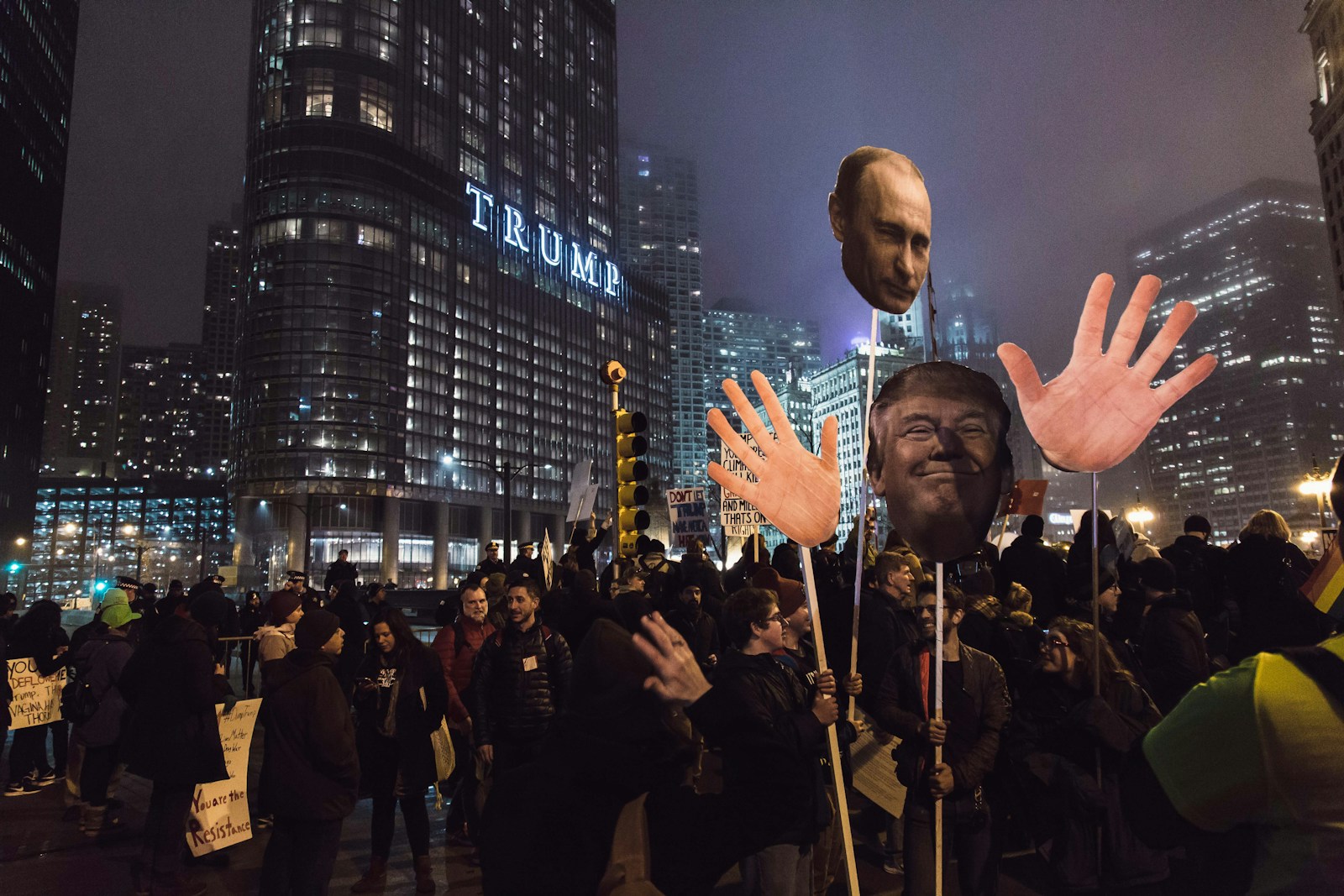Key Takeaways:
– Russian President Vladimir Putin warns of NATO’s direct involvement if Ukraine gets approval to use Western-supplied long-range missiles against Russia
– Putin claims that only NATO countries’ military personnel could operate the missile systems, thus making it a direct military conflict
– Ukrainian President Volodymyr Zelenskyy has been urging Western allies to let him fire these missiles deep into Russian territory
– The U.S. and U.K. are to discuss this subject, with a decision indicating their direct confrontation with Russia, according to Putin
– The Kremlin asserts the clarity of Putin’s message and its certain reach to its intended audience
In an assertive statement issued on Thursday, Russian President Vladimir Putin warned that if the U.S. or NATO allies permit Ukraine to use Western-provided long-range missiles against targets within Russia, it would be viewed as NATO’s direct intervention in the ongoing conflict.
The Role of NATO in Ukrainian Conflict
According to Putin, these missile systems could only be operated by military personnel from NATO countries. The Ukrainian military, he claimed, does not have the capacity to do so. Therefore, he continued, it wasn’t merely a question of Ukraine launching strikes on Russian soil with these weapons, but a major decision about whether NATO countries directly partook in the military conflict.
“This would undoubtedly change the very essence of the conflict,” Putin emphasized, indicating further escalation. “Should this decision be made, it would signify the direct involvement of NATO countries, the U.S., and European nations in Ukraine’s war.”
Ukrainian President Volodymyr Zelenskyy has been lobbying his Western allies for permission to deploy long-range missiles given by the U.S. or European countries deep into Russian territory. These include the U.S. ATACMS and British Storm Shadows.
Anticipated Response from Western Allies
Discussions on this pivotal subject are to be held between U.S. President Joe Biden and U.K. Prime Minister Keir Starmer in Washington, D.C., on Friday. The Russian leader has voiced concerns that if the U.S. and Britain endorse this move, it could be interpreted as these NATO countries, the United States, and European countries waging war on Russia.
Bearing the changing nature of the conflict in mind, Putin warned that Russia would make decisions based on the emerging threats.
When queried about any responses from Western powers to Putin’s statement, Dmitry Peskov, the Kremlin spokesperson, highlighted the statement’s clarity and importance. He confidently stated, “We have no doubt that this message has reached its addressees.”
The Impact on International Relations
This stern warning from the Russian President marks a significant increase in global tensions. Its impact on the international relations between Russia, the U.S., the U.K., and other NATO allies remains to be seen in the light of their pending discussions.
As diplomatic conversations continue to take place, it becomes more imperative to observe the outcomes closely. A shift in the response of NATO countries to this conflict might change the geopolitical structure and influence international peace and stability.
This story, originally reported by CBS News, highlights the escalating tension and the potential political implications arising from the Ukrainian conflict. Stay connected for more updates.
